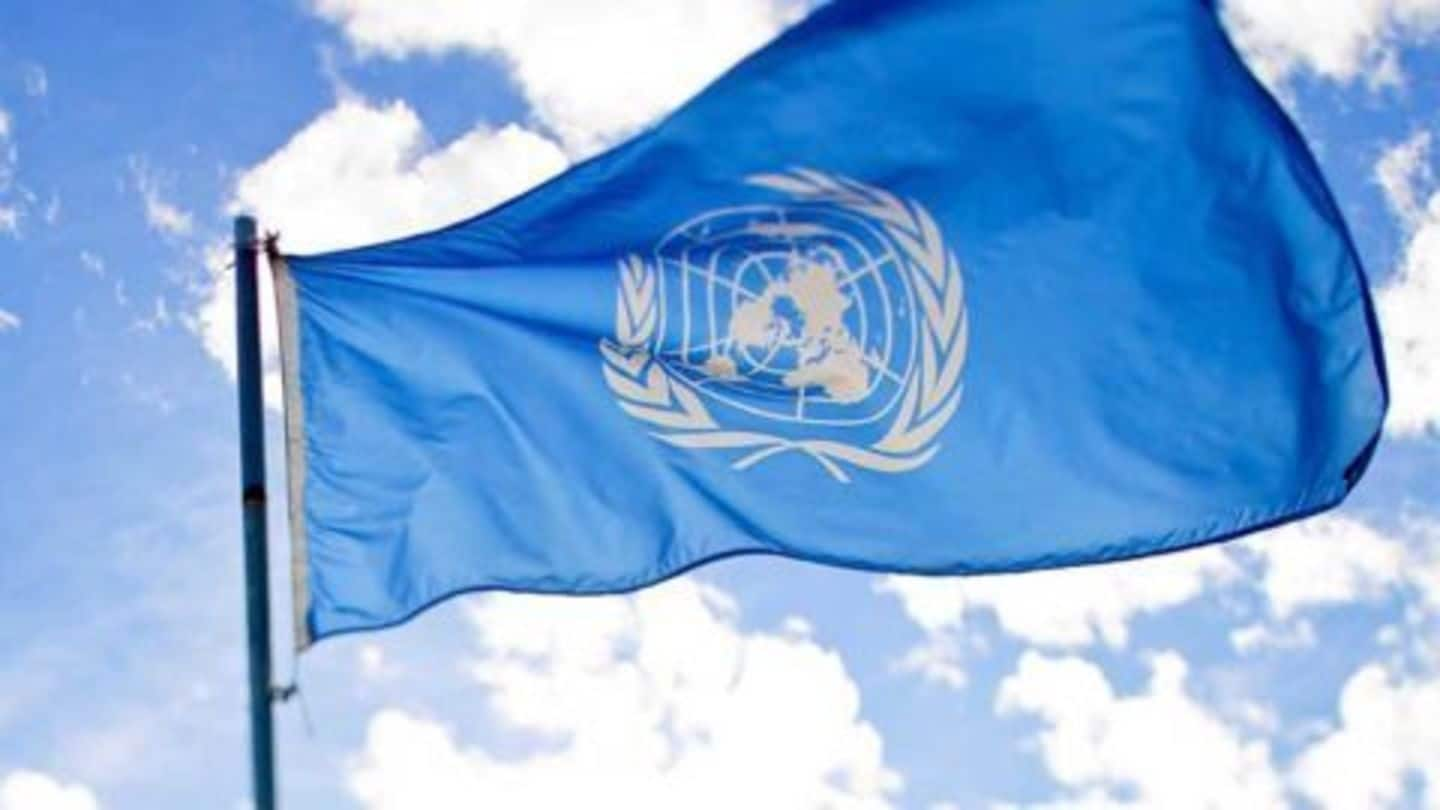
Climate change capable of causing extreme poverty: UN Report
What's the story
The United Nations Food and Agricultural Organisation (FAO), in their annual report stated that by 2030, 122 million people could face severe poverty brought about by climate change. This is likely to occur in South Asia and Africa. The annual report released by the FAO predicts that sections of society having agriculture as their primary source of livelihood would be most affected.
UNFAO
United Nations Food and Agricultural Organisation
The Food and Agricultural Organisation of the United Nations is an agency that manages international efforts to defeat hunger. The FAO is a neutral platform where both developed as well as developing countries meet as equals, negotiate arguments and debate policies. With 194 member states, FAO is an origin of knowledge and research and ensures high-quality nutrition and food security for everybody.
Information
FAO's motto
The motto of the Food and Agricultural Organisation of the United Nations is "fiat panis" which is Latin for "let there be bread."
Findings
Claims of the FAO report
According to the report, to keep the global population satisfied, crop production would have to double by 2050. Almost 80% of agricultural methane emissions and 66% of greenhouse gas emissions come from livestock. Wasting food leads to 8% of annual greenhouse gas emissions. Due to climate change, food insecurity can shoot up to 20% by the year 2050.
Solutions
Solving the problem
According to the report released by the FAO, planting nitrogen-efficient and heat-tolerant crops and conserving water can save millions from under-nourishment. The report also urged signatories of the 2015 Paris climate deal to "put commitments into action" which include backing innovation and financing developing countries for the same. Agricultural practices need to be more sustainable, according to the report.
Quote
Pressing need to take action
Director-general of the Food and Agricultural Organisation said, "Unless action is taken now to make agriculture more sustainable, productive and resilient, climate change impacts will seriously compromise food production in countries and regions that are already highly food-insecure."
India
Climate change and agriculture in India
The agrarian sector of the Indian economy is heavily dependent on the monsoon season. Increasing temperatures have a direct impact on crop yield; studies done at the Indian Agricultural Research Institute indicate that with every 10 degree celsius rise in the temperature, 4-5 million tons of wheat are lost. During droughts, about 40% of the total production of rice is lost.